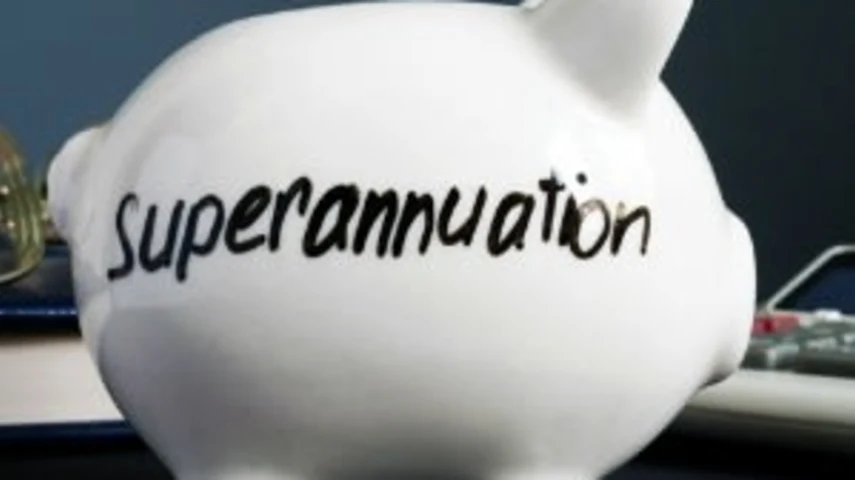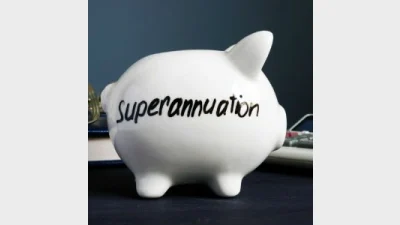Ineligible Indigenous Australians accessing super early



Indigenous Australians have been accessing their superannuation early through the Government’s COVID-19 hardship scheme without fully understanding the potential repercussions of that decision, according to the First Nations Foundation.
The foundation’s chief executive and Wiradjuri man, Phil Usher, said the lack of government means testing resulted in early release claims despite ineligibility.
“This comes down to a lack of understanding and education for the Indigenous community about the role of superannuation and the details of the current scheme in place,” Usher said.
“As a result, those who have accessed their super early who were not eligible will not only have decreased security in retirement due to lower super balances, but they run the risk of government fines, taking people further into financial distress.”
In July, the First Nations Foundation launched its website to help Indigenous Australians find, manage and grow their super.
“First Nations Foundation aims to achieve financial prosperity for Indigenous Australians because until now, there has been a lack of clear and culturally relevant education available for Indigenous Australians around accessing financial services, in particular super and the associated insurances that generally come with this,” Usher said.
“We intend to develop this resource over time as the superannuation industry evolves, and it is the first of a number of new resources that First Nations Foundation is launching to help Indigenous Australians take steps towards economic parity with the rest of the population.”
Recommended for you
Australia’s largest super fund, AustralianSuper, has announced multiple additions to its executive leadership team to focus on global growth and innovation.
Super Review rounds up last month’s biggest people moves in the superannuation industry, including a new fund chair and a private markets head.
Investment returns for the Future Fund hit a milestone in September, adding $200 billion in value for the first time ever.
Australia’s largest super funds have deepened private markets exposure, scaled internal investment capability, and balanced liquidity as competition and consolidation intensify.









